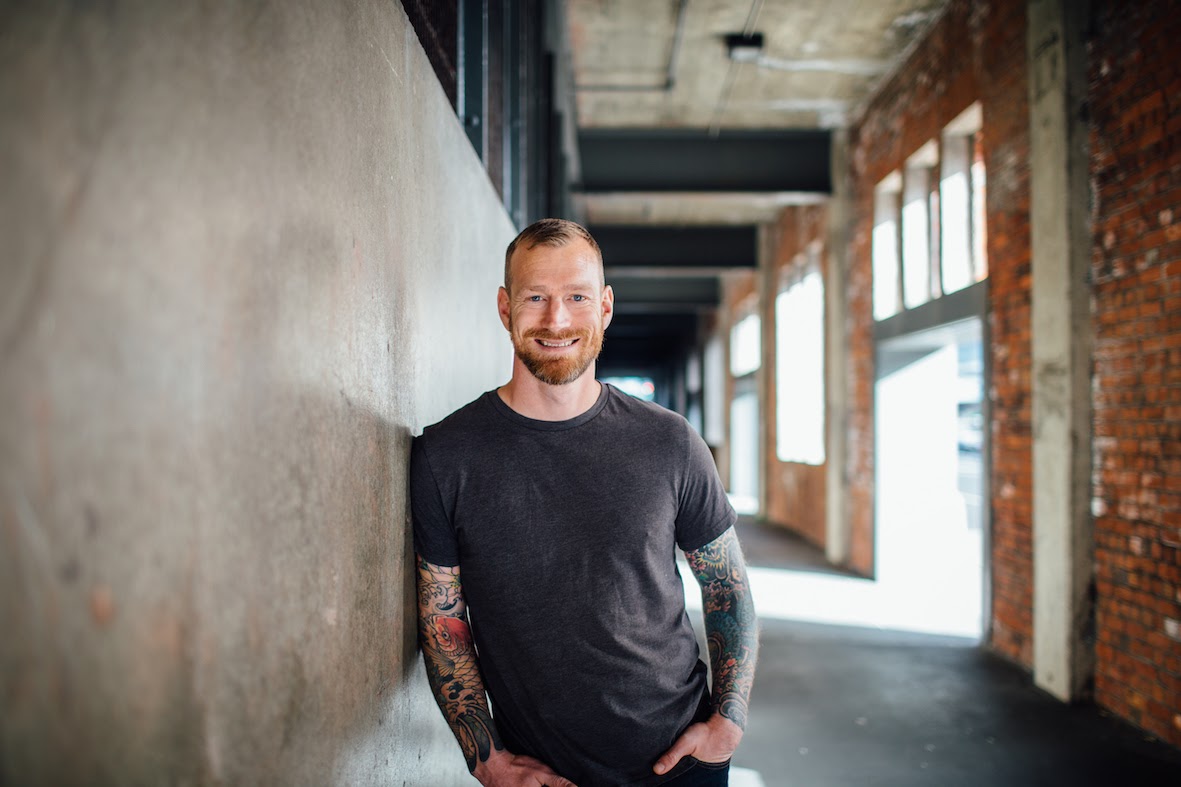Dr. Paul Wood is an expert in helping people cope more effectively with stress and figure out how to have better lives. Paul’s expertise comes from his study in psychology and his personal experience of turning his life around. At 18 years old, Paul was a drug addicted dropout who was just beginning a ten-year jail sentence for killing his drug dealer. These days he is a husband and father, runs a successful business, supports a number of charities, and is a regular contributor in the media. His recently released book, How to Escape from Prison, was an instant best-seller.
This interview has been edited for brevity and clarity.
KrASIA (Kr): After being convicted of murder with a ten-year sentence in 1995, how did you deal with it mentally and emotionally?
Paul Wood (PW): Ten years feel like forever when you go to prison at 18. It’s damaging to keep wishing for better times. Accepting your reality, even if it’s grim, is incredibly powerful when it comes to coping. I saw adversity as a challenge to be embraced rather than a threat to be avoided. Whenever I’d end up in solitary confinement, I harnessed my distress as fuel to refuse to be broken.
Perceiving pressure as a challenge is constructive. Most of us have heard of post-traumatic stress disorder (PTSD). It’s a psychological and emotional struggle. However, there’s an equal likelihood of having post-traumatic growth (PTG). It results in having a better sense of what matters to you. One big difference between experiencing PTG and PTSD is the perception of challenges. Choose to perceive challenges as something you embrace.
Kr: Your father visited you regularly in prison. Was having a good support system one of the factors of having a strong mindset?
PW:Just by having my father there, I had an additional ability to cope. When I decided I wanted to improve my life, my father made that happen. He paid for my education out of his pension. If he wasn’t there to support me practically, I wouldn’t have been able to start studying. Most people in prison don’t have such support.
These days I’m involved in TakeTwo, a program to help people in prison. A number of inmates showing motivation and capability are provided with computer programming training. We then help get them internships for their transition from prison into the workplace. TakeTwo is for people who don’t have the support that I had.
To continue reading, click here to hop onto Oasis, the brainchild of KrASIA.
